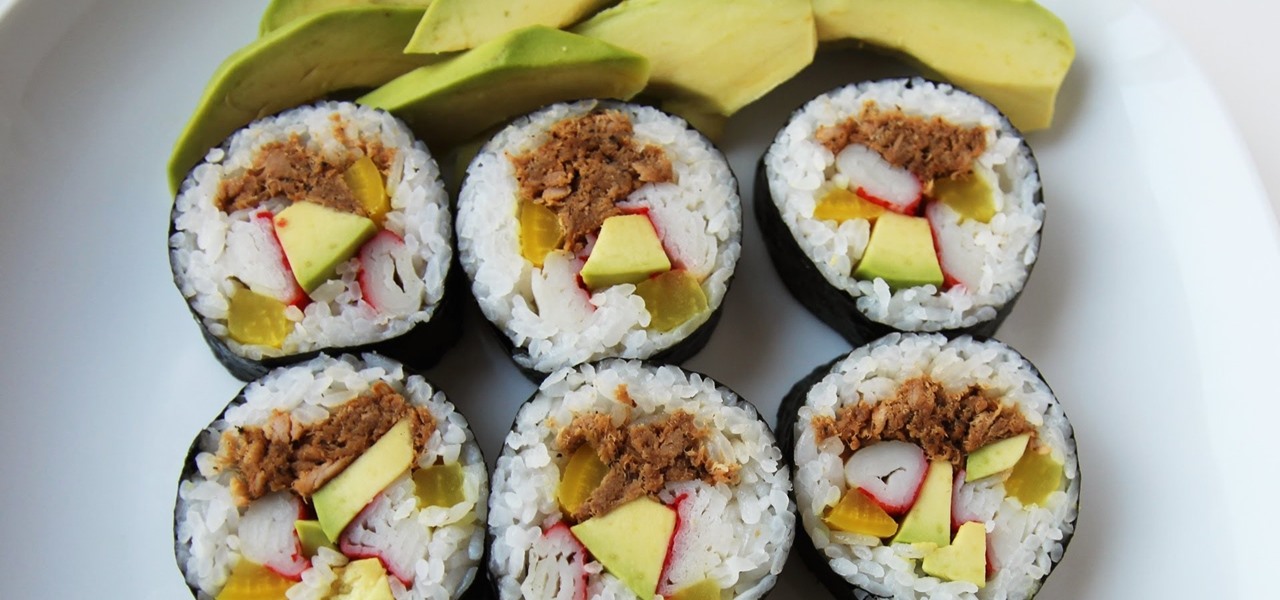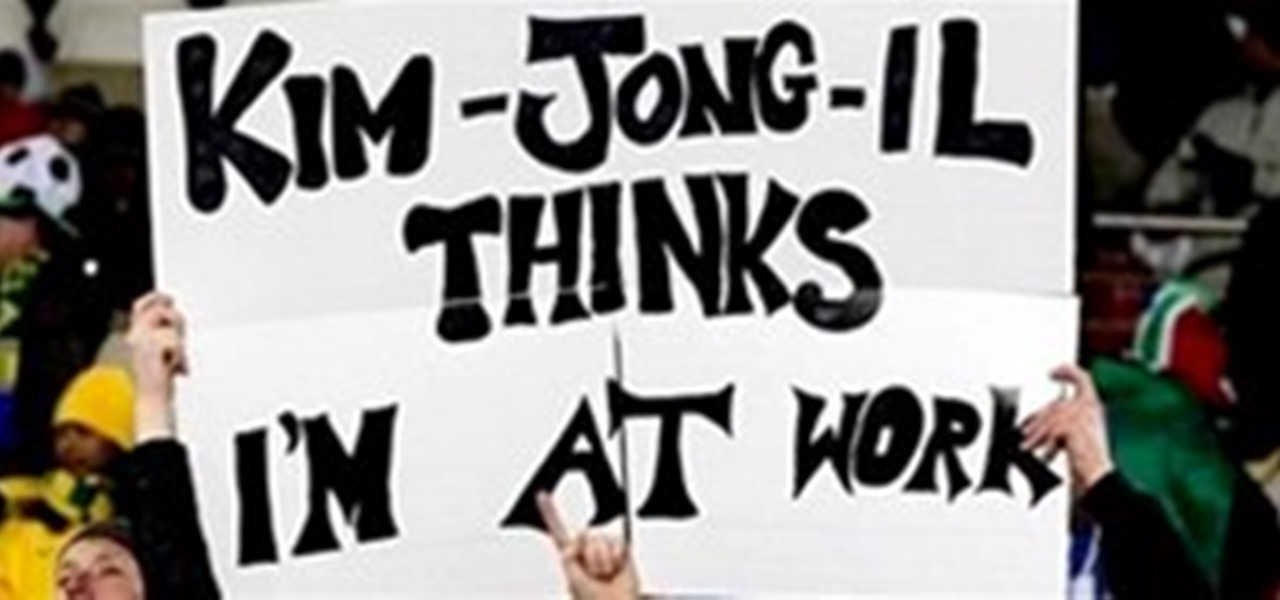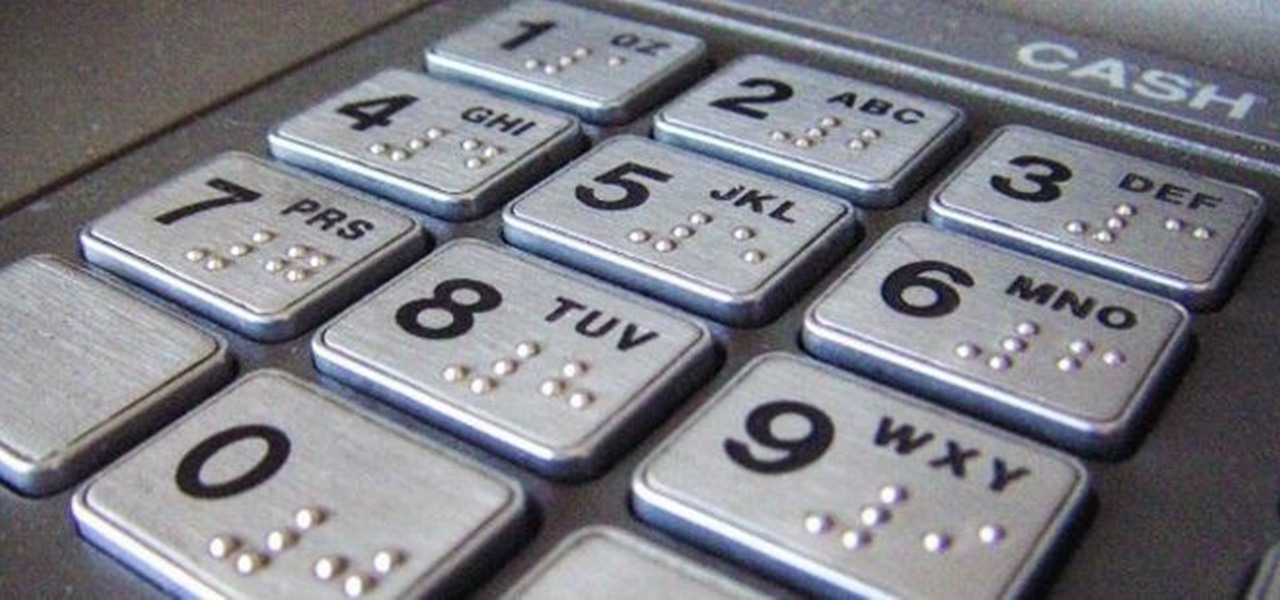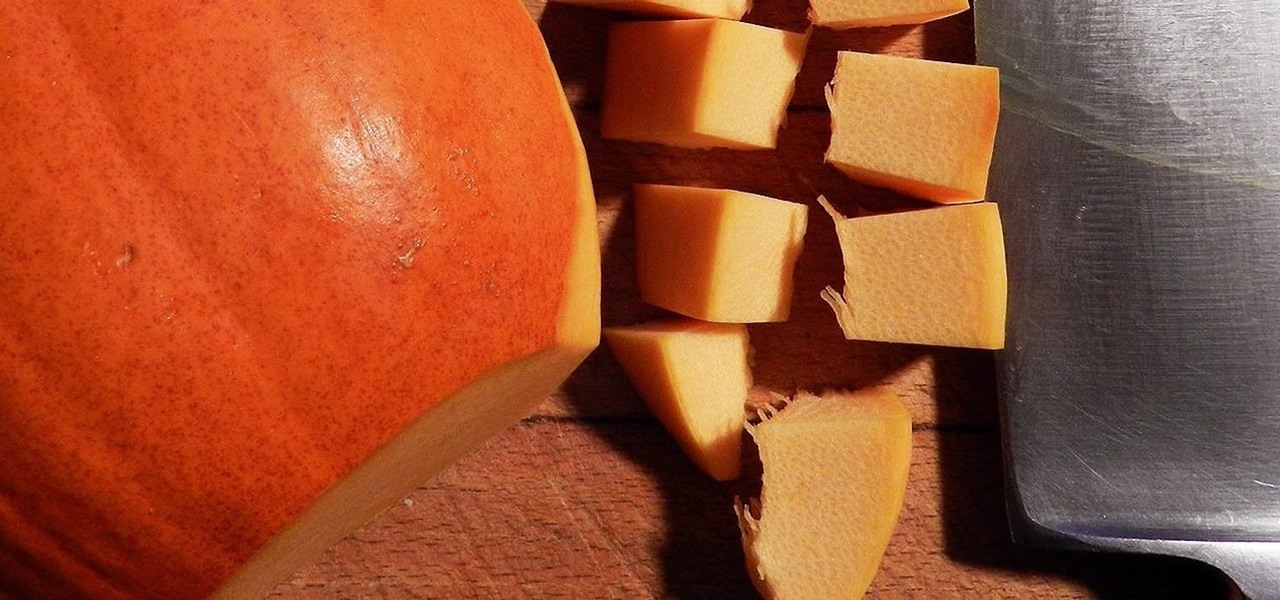
What do you do in those cold weather months, when your hands are warmly gloved and you can't bear exposing your poor fingers to the harsh elements? Apple didn't think of this problem when finessing their iPhone touchscreen, but not to worry, South Korea has the answer to this pesky problem.

Check out this Korean language tutorial video that shows you how to pronounce street food vocabulary in Korean. Street food in Korea is one of the staples of Korean cuisine. It is loved by Koreans, and non-Koreans world-wide! Have you ever tried tteokbokki? mandu twigim? Gimbap? If you haven't, watch this instructional language video and learn some Korean street food vocabulary!

This tutorial Koren cooking video will teach you how to make potato side dishes. There are gamja jorimgamja and chae bokkeum. Many Koreans prepare these for their children as part of their school lunch menus.

For this Korean dish, you will need cooked rice, sea plant, yellow radish pickle, avocado, artificial crab meat, tuna, soy sauce, garlic, sesame oil and seeds, and green onion. All of these ingredients will come together to make the delicious Korean recipe known as Kimbab. Many Koreans love this food.

Hello~ Here is a simple recipe that Koreans love and have grown-up eating. It is a great recipe for a quick meal and if you make a large amount it is great for leftovers!

North Koreans Not Known for Their Jetsetting This article from Deadspin does a bit of investigating into exactly who the DPRK fans are.

World Cup World asks: "How'd North Korean fans get to the game?" Fair and valid question. It's seeming IMPOSSIBLE for any North Korean citizen to get a visa to leave the communist regime (not that they could afford it, anyway) to attend this past week's game. After much initial speculation on whether these fans were the real deal, the mystery has been resolved by multiple news sources.

The North Koreans won 1-0. Who knew?

I love me some salad, but I'm also kind of a big baby when it comes to eating them. The greens have to be perfectly crisp and fresh, which is why I'm such a nut about storing them properly, including rethinking how I use my refrigerator, using a paper towel or dry cloth to wrap them, or even puffing a little CO2 into the plastic bag to keep them fresh. I've even developed an arsenal of tricks to restore life to soggy greens.

Sushirrito offers burrito-sized sushi rolls that are on the cusp of becoming the trendiest handheld snack to hit the foodie world. According to its website, Peter Yen created the Sushirrito brand, trademarked it in 2008, and opened his first restaurant in 2011 in the Bay Area with Ty Mahler, executive chef.

You've probably noticed how we like to stress the importance of a strong password. After all, there are still people out there who continue to use passwords like 123456 and even just "password". But passwords aren't the only barriers that protect your information.

Your waffle maker might just be the most underutilized tool in your kitchen. This one appliance can make bacon, eggs, hash browns, cupcakes, falafel, mac and cheese, and cinnamon rolls much more quickly and with less mess than traditional methods. Plus, the results all come out waffle-shaped—what's not to love?

Seldom in recent history has a cyber security event caused so much media stir (maybe because it happened to a media company?) and international relations upheaval. Cyber security breaches seem to take place daily of major corporations, but the Sony hack seems to have captured the American imagination and, for that matter, the whole world's attention.

Fall is my favorite time of year, yet I cringe every time it begins. Why? Because it seems like every business is in a frenzy to start the Christmas shopping season the day after Halloween ends. For those of us who are fans of pumpkins, that's a buzzkill.

The point? I'm not quite sure, I'll admit. But nonetheless, this paper-made iPhone TV set by Trickartt is pretty awesome. Don't miss the video demonstration on Flickr.

Attention all iPhone users. Engadget posts a helpful tip on possibly avoiding that painfully long iPhone 4 upgrade wait:
The greatest tournament of the world is coming up this week and, let's be honest here, I am very excited.

If you're between the ages of 20 and 40, then video arcades probably hold a special place in your heart. Whether you all but lived in one (me), wished you could, or detested those with a liking for them, there's no denying that arcades were a ubiquitous part of American culture. They were everywhere, from big chains to little mom-and-pops, housing better systems than gamers had at home and with all the best games and newest titles.


















